General
GREAT Conducts First Spinoff Courses for ICRISAT Social Scientists and Plant Breeders
Published
7 years agoon
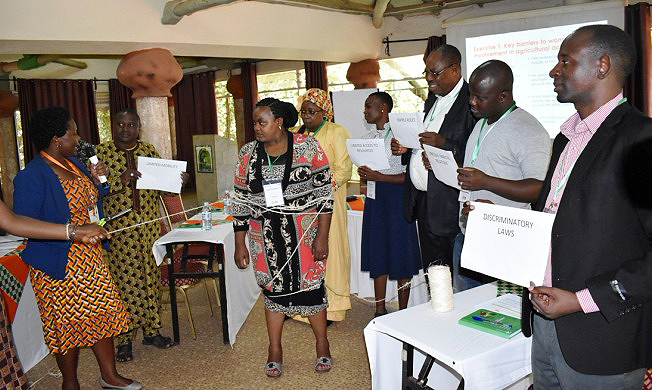
GREAT conducts the first spinoff courses for ICRISAT Social Scientists and Plant Breeders working on Tropical Legumes III to build their Capacities for Gender Responsive Research and Reporting
The Bill and Melinda Gates Foundation has supported Makerere and Cornell Universities to conduct short courses for agricultural researchers in sub-Saharan Africa (2015-2020) and establish Makerere University as a centre of Excellence in Gender and Agricultural Research Training under the projected titled, “Gender-responsive Researchers Equipped for Agricultural Transformation (GREAT). This initiative is implemented collaboratively by the College of Agricultural and Environmental Sciences (CAES) and the School of Women and Gender Studies.
Over the years, there has been increasing demand for Makerere University’s GREAT short courses in Sub Saharan Africa and beyond. In 2017/2018, the university was contacted by seven organisations/projects to offer tailored courses. This is evidence that the GREAT course profile and visibility have increased. These spinoff courses represent one of the key strategies for sustainability of the GREAT course. The organisations that request for them show willingness to pay for the GREAT course.

A Memorandum of Understanding was signed between Makerere University and the International Crops Research Institute for the Semi-Arid Tropics (ICRISAT) in April 2018 for Makerere to train biophysical and social scientists working on the Tropical Legumes III project.
As a result, eighteen (18) participants (9 social scientists and 9 legume breeders) from sub-Saharan Africa working in NARs and Universities on various breeding programs under the Tropical Legumes III project on 26th November, 2018 converged at Forest Cottages, Bukoto in Kampala, Uganda for the GREAT capacity building course on Gender-responsive research and reporting offered at Makerere University.
The research teams from Burkina Faso, Kenya, Tanzania, Ethiopia, Mali, Ghana and Nigeria have collected household level data on project focus crops mainly groundnuts, cowpeas, common beans and chickpeas production areas.

The six day GREAT-TL III course ending on 1st December 2018 was opened by the Senior Gender scientist for East and Southern Africa, ICRISAT, Dr. Esther Njuguna. Another ICRISAT staff in attendance is Dr. Edward Bikett.
In her opening remarks, Dr. Esther Njuguna said TLIII with its partners in the program have an intention of breeding improved legume varieties in seven countries in East, Western and Central Africa.“So today we have leaders of those breeding programs collectively coming together to discuss about gender integration. These are also teams looking at what gender means, having a gender product profile and how that is practically done in terms of data collection, interpretation of results and designing research questions that need intervention.
“We have requested GREAT if they can build capacity of our teams in this particular aspect because of their experience in training gender and social science teams. So we are spending time here in Kampala to discuss and agree on a way forward so that we can implement gender responsive activities in our project”, Dr. Njuguna said.

Dr. Njuguna said, gender is important not as an end in itself, but as a means of delivering outcomes for women and men who are vulnerable in different typologies and communities.
She explained that failure to consider gender equals to failure to consider interests of half of the community and failure of having a way to deliver the program objectives.
“So when we are talking about gender-responsive product profile, we are asking ourselves questions like, “What are those traits that are important for women, men or a certain segment of consumers and why, and how programmers respond to those needs, so that we have adoption and impact to change lives in terms of nutrition and income generation”, Dr. Njuguna explained.

In her key message to the participants, Dr. Njuguna stressed that gender issues are important in every sphere of life and that, in a scientific thematic area like plant breeding and seed systems deployment, it becomes challenging because these are traditional areas where many have made progress on how to do things best.
“But one reality is that the adoption levels have been very low and one of the hypotheses is that, we have been blind to the gender issues and needs of the different categories of our farmers and consumers.
“When we are talking about gender, we are taking a deliberate action by looking at those needs, traits and preferences so that we are more targeted for better efficiency in our programmes for impact in terms of nutrition and incomes”, Njuguna stated.

Makerere University’s Program Coordinator Assoc. Prof. Margaret Najjingo Mangheni said this training focuses on breeders and social scientists who are working with the Tropical Legume III program – a breeding program funded by Bill and Melinda gates Foundation.
“Here we have nine research teams that are being trained and the focus of the training is to build their capacities to conduct gender-responsive research so that the technologies they generate from their breeding are able to address the priorities and needs of men and women.
It also has a component of seed systems because what they breed has to eventually get out to the communities so that it is utilized by the farmers and other actors in the seed value chain,” the Makerere Don said.

She explained that, the teams will be taken through the concepts of gender, gender sensitive research, gender breeding priority setting, how to conduct qualitative and quantitative data in a mixed methods approach, analyze and interpret it so that it is able to feed in national breeding programs of these countries mentioned.
The course participant teams will present the status of their projects i.e., their research questions, progress and any gender-related questions for which they may need answers. Teams that have data will present the gender yield gap case studies which will be interrogated to draw implications for gender-responsive programming.
In her key message, Prof. Mangheni told participants that, the role of GREAT is to create inclusive agricultural systems that are able to address the needs and priorities of men and women. She implored participants to apply what they will have learnt saying, the core value of GREAT is to train for practice.

“It is my call to participants that when they learn, they apply. We don’t want people to learn the skills and leave them in Kampala or here at Makerere… but rather when they get off the planes, they are able to transform the breeding programs and agricultural systems in their countries”, she said.
Background to the GREAT course
The Gender-responsive Researchers Equipped for Agricultural Transformation (GREAT) course is a Cornell University-Makerere University joint certificate program in applied gender training for agricultural research.
It offers skills in gender-responsiveness tailored to agricultural researchers to integrate gender in research along the design, implementation, evaluation, and communication pathway. The focus is on gender training linked to practice and change within institutions and national policies.
The overall objective of the course is to enhance the participants’ capacity to design, conduct, and communicate gender-responsive agricultural research. For more information, please see www.greatagriculture.org
About the Tropical Legumes-III Project
The Tropical Legumes III project (TL-III) is a major international initiative that seeks to develop and deliver seed of improved cultivars of common bean, cowpea, chickpea and groundnut at scale to small-holders, while also fundamentally strengthening plant breeding programs to generate increased rates of genetic gains. These plant breeding programs include three in the CGIAR (CIAT, IITA, and ICRISAT), 7 NARS in African countries (Burkina Faso, Ghana, Mali, Nigeria, Ethiopia, Tanzania and Uganda) and one in India in the state of Uttar Pradesh.
TL-III integrates the genomic resources developed in the Tropical Legumes-phase I (TLI) with the applied breeding and seed delivery initiatives of Tropical phase II (TL-II). TL-III puts increased emphasis on improving the national breeding and seed delivery programs through a structured improvement process. More information can be found here: http://tropicallegumes.icrisat.org/
Please follow @MakCAES on twitter and the hashtag #GREATTLIIICourse for updates on the training.
Report compiled by;
Jane Anyango,
Principal Communication Officer,
College of Agricultural & Environmental Sciences, CAES
Makerere University.
You may like
General
Call For Applications: Mak-BSSR Postdoc, PhD, Master’s Fellowship-level Training
Published
6 days agoon
November 10, 2025By
Mak Editor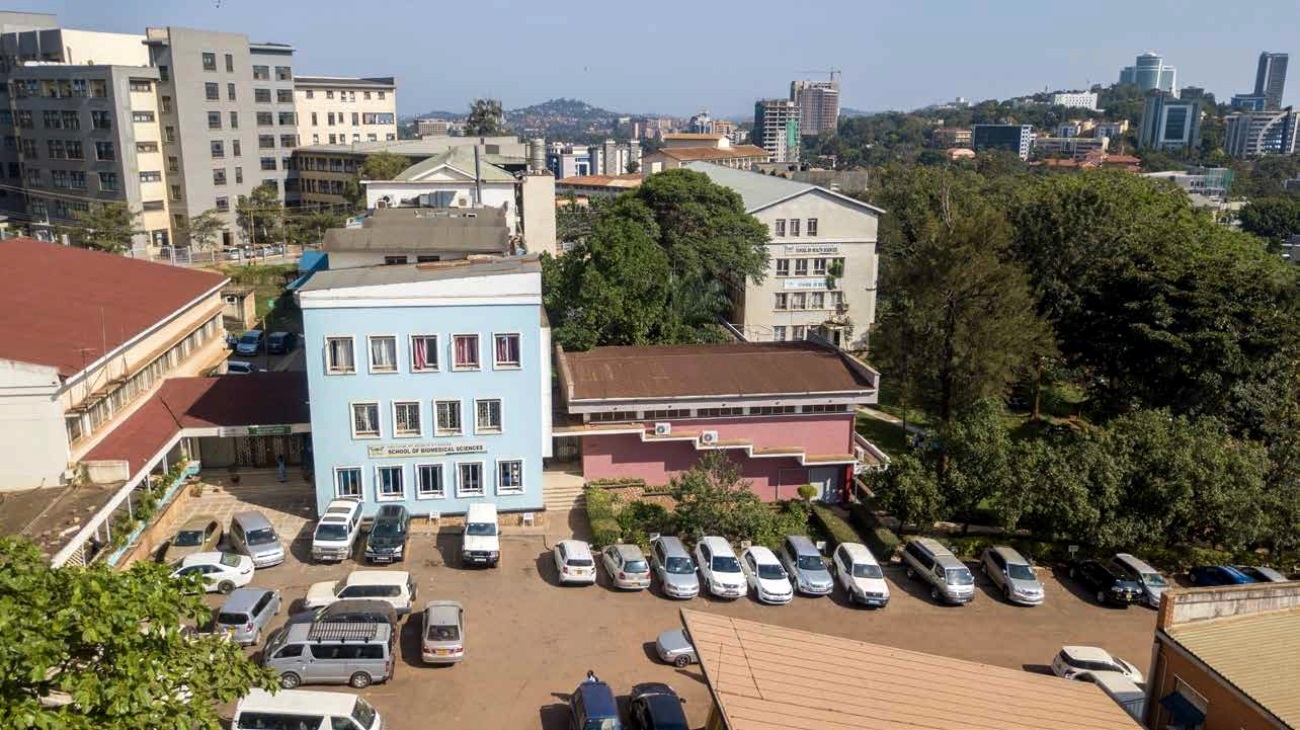
The Makerere University-Behavioral and Social Science Research (BSSR) in HIV Training Program, is a five year project, funded by National Institutes of Health (NIH), in partnership with the University of California, San Francisco (UCSF), invites applications for Post-doctoral, PhD, Master’s and Fellowship-level training opportunities in Behavioral and Social Sciences Research (BSSR) with a focus on HIV.
This five-year research training program funded by the Fogarty International Center (FIC) of the National Institutes of Health (NIH), aims to strengthen research capacity along the HIV care cascade.
Please see downloads for detailed information.
Deadlines:
- Post-doctoral and PhD level – Friday, 5th December, 2025 at 6:00PM EAT.
- Master’s and Fellowship-level – Friday, 19th December, 2025 at 6:00PM EAT
General
Makerere University Writing Centre trains first cohort of staff on professional minute writing
Published
1 week agoon
November 7, 2025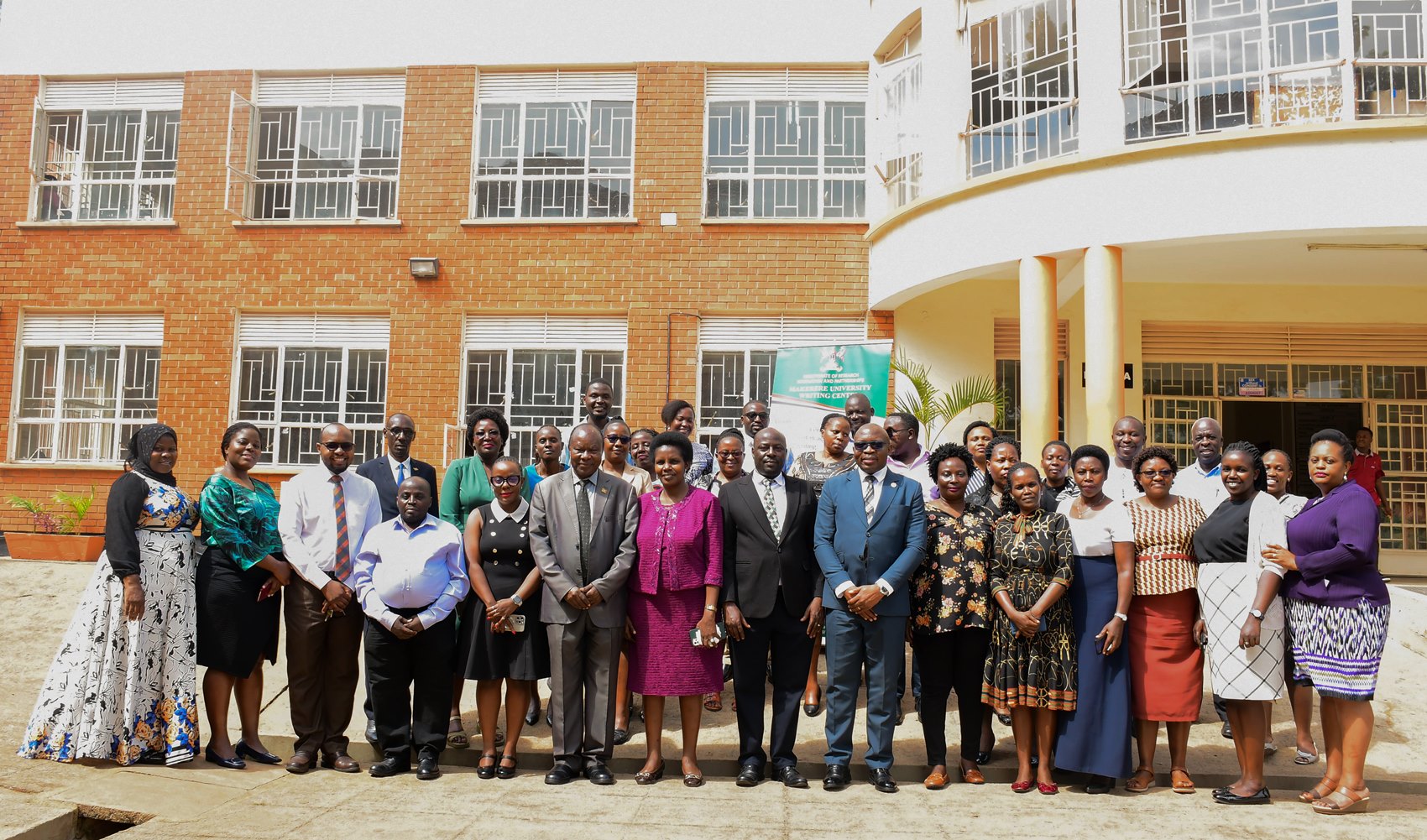
By Christopher Kaahwa and Ritah Namisango
On 6th November 2025, the Makerere University Writing Centre (MakWC) held a training workshop aimed at enhancing professional writing skills among University staff.
Focusing on official documentation and record keeping, the training, hosted at the School of Business Conference Hall, attracted participants from different University units, including Assistant Administrative Officers and Assistant Academic Registrars. This marked the first cohort of trainees to benefit from the program, which covered topics such as the fundamentals and responsibilities of a minute taker, writing techniques, policy and legal considerations, e-meeting platforms, and the ethical use of Artificial Intelligence (AI).
In her opening remarks, Mrs. Patience Rubabinda Mushengyezi, the Deputy Academic Registrar, who represented the Academic Registrar, Professor Buyinza Mukadasi, commended the Writing Centre for championing the growth of writing skills across the University. “I want to thank the team from the Writing Centre for considering the Academic Registrar’s Department. Writing is central to everything that we do – from keeping accurate minutes to communicating decisions. This training will greatly improve our writing skills,” she said.
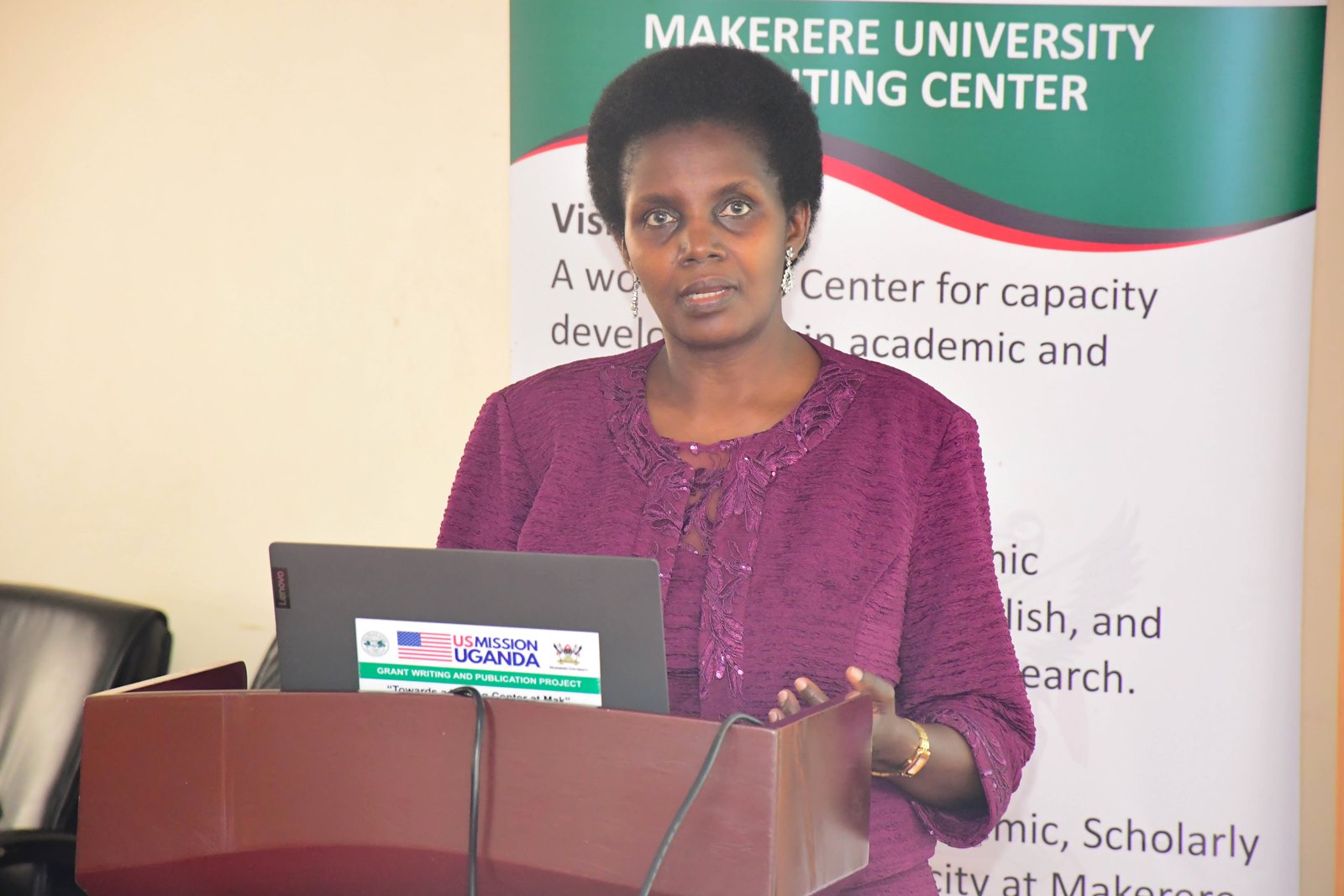
Mrs. Mushengyezi emphasized that official records, especially minutes, must be accurate, ethical, and well-structured. She reminded participants that minutes are not mere summaries, but legal and public documents that can serve as evidence in administrative or legal matters. “When we write minutes, we must remember they represent official proceedings and can be used in courts of law. This calls for professionalism, clarity, and ethical responsibility in your daily work,” she stated.
Speaking during the workshop, Professor Fredrick Jones Muyodi, the Team Leader, Makerere University Writing Centre (MakWC), explained that the Centre is pivoted to support the University’s strategic goal of becoming a research-led institution by 2030. Established and institutionalized in 2025 by the University Senate and Council, the Centre operates under the Directorate of Research, Innovations, and Partnerships (DRIP).
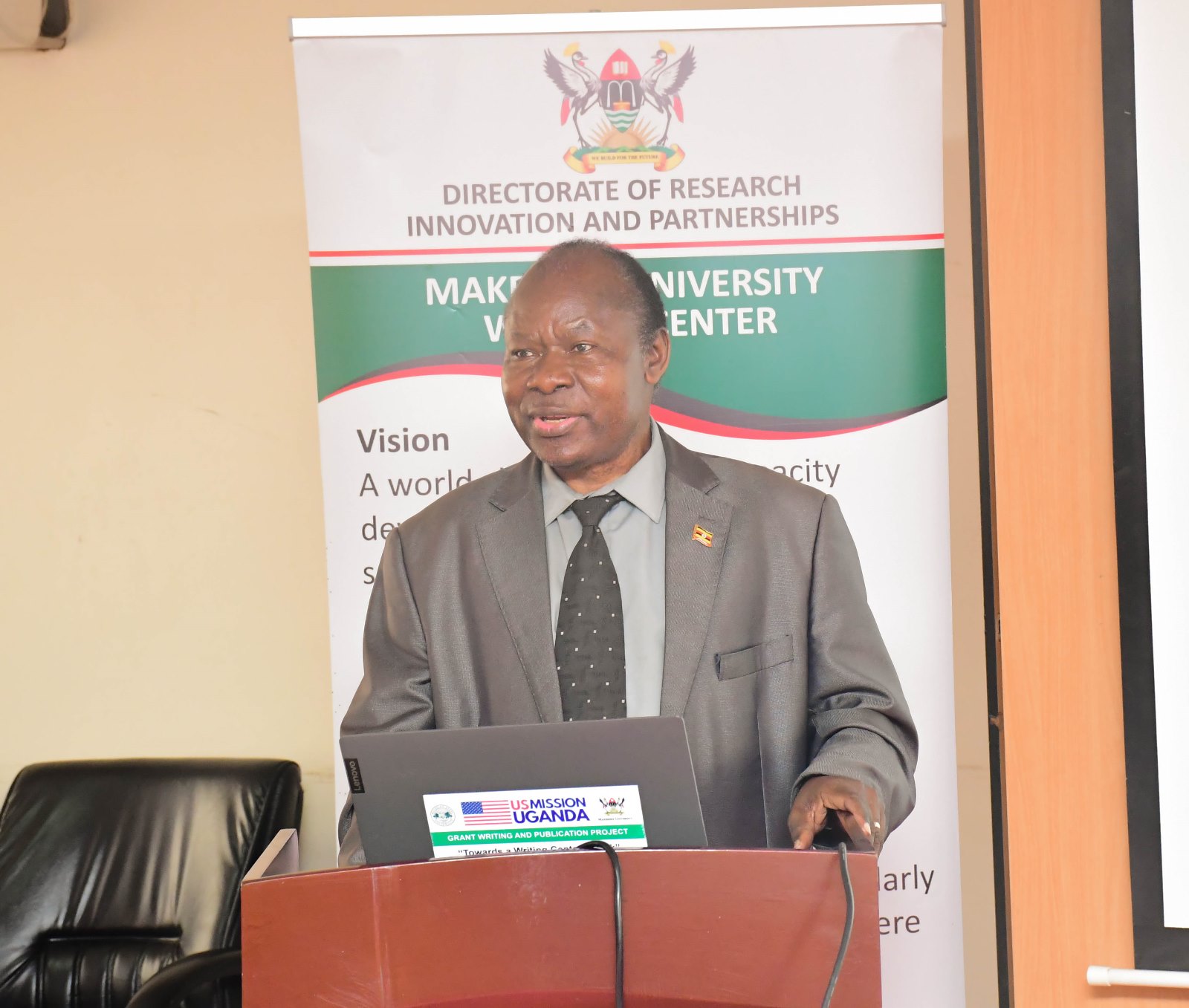
Professor Muyodi shared that the Centre has developed a comprehensive training and mentorship program to build writing skills across the University and beyond. The program will involve experts and mentors experienced in writing, collaborative research, and publication. It will use a hybrid approach, combining traditional teaching with online learning, case studies, and hands-on practice.
He also revealed that the Centre will offer short courses, lasting up to two weeks, in key areas such as academic, technical and scientific writing, editing and proofreading, policy brief and report writing, writing for community engagement, professional writing for administrators, and publishing. “These courses will strengthen the writing capacity of both staff and students while promoting research translation and effective communication,” he said.
On behalf of the Writing Center, Professor Ronald Bisaso commended the support from the Directorate of Human Resource and the Academic Registrar’ department for the identification of capacity development gaps, that provided the basis for the choice of topics and training facilitators.
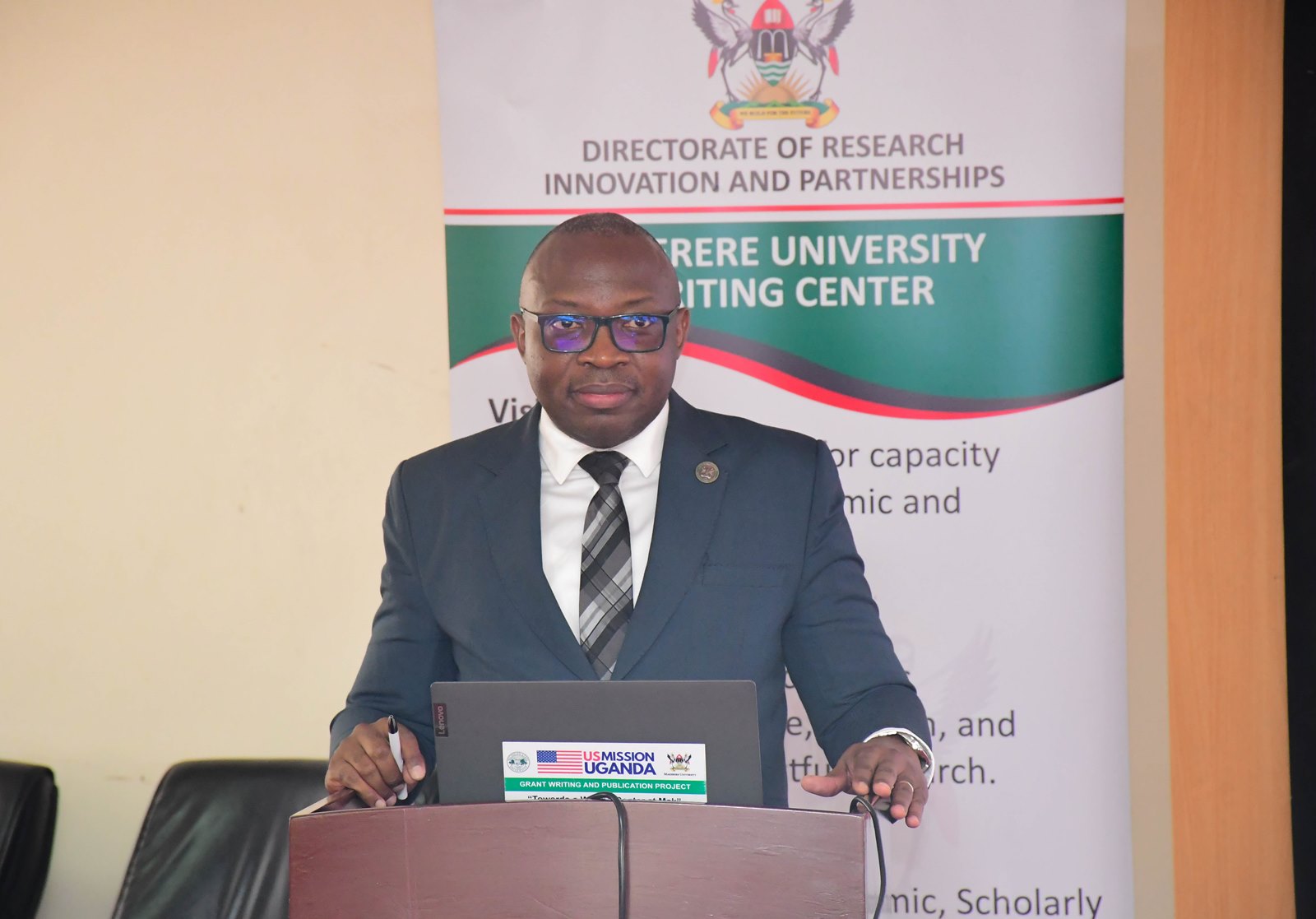
During her presentation on the Fundamentals and Roles of a Minute Taker, Mrs. Mushengyezi underscored the importance of understanding institutional structures and governing frameworks before taking on the role of writing minutes. She explained that Makerere University’s governance system – from the University Council and Senate down to College Boards and departmental committees, operates under clear mandates, which minute writers must understand to accurately record proceedings.
She noted that effective minute writing begins with proper preparation, which includes knowing the committee composition, consulting the Chairperson about meeting details, and ensuring members receive timely notices and agendas. She advised participants to differentiate between regular, special, and emergency meetings, as each requires a unique approach to documentation. Drawing from experience, she encouraged participants to arrive early for meetings, verify meeting logistics, and carry official record books to ensure accuracy. “A well-prepared minute writer, not only captures discussions accurately, but also upholds the credibility of the meeting,” she remarked.
Mrs. Proscovia Nakayiki, Acting Deputy Academic Registrar (Examinations and Transcripts), led a session on Writing Techniques. During the session, she emphasized that minutes are vital for accountability, serve as a record for future reference, and inform those who missed meetings. “Well-written minutes should tell a clear, flowing story that remains meaningful even years later,” she said.
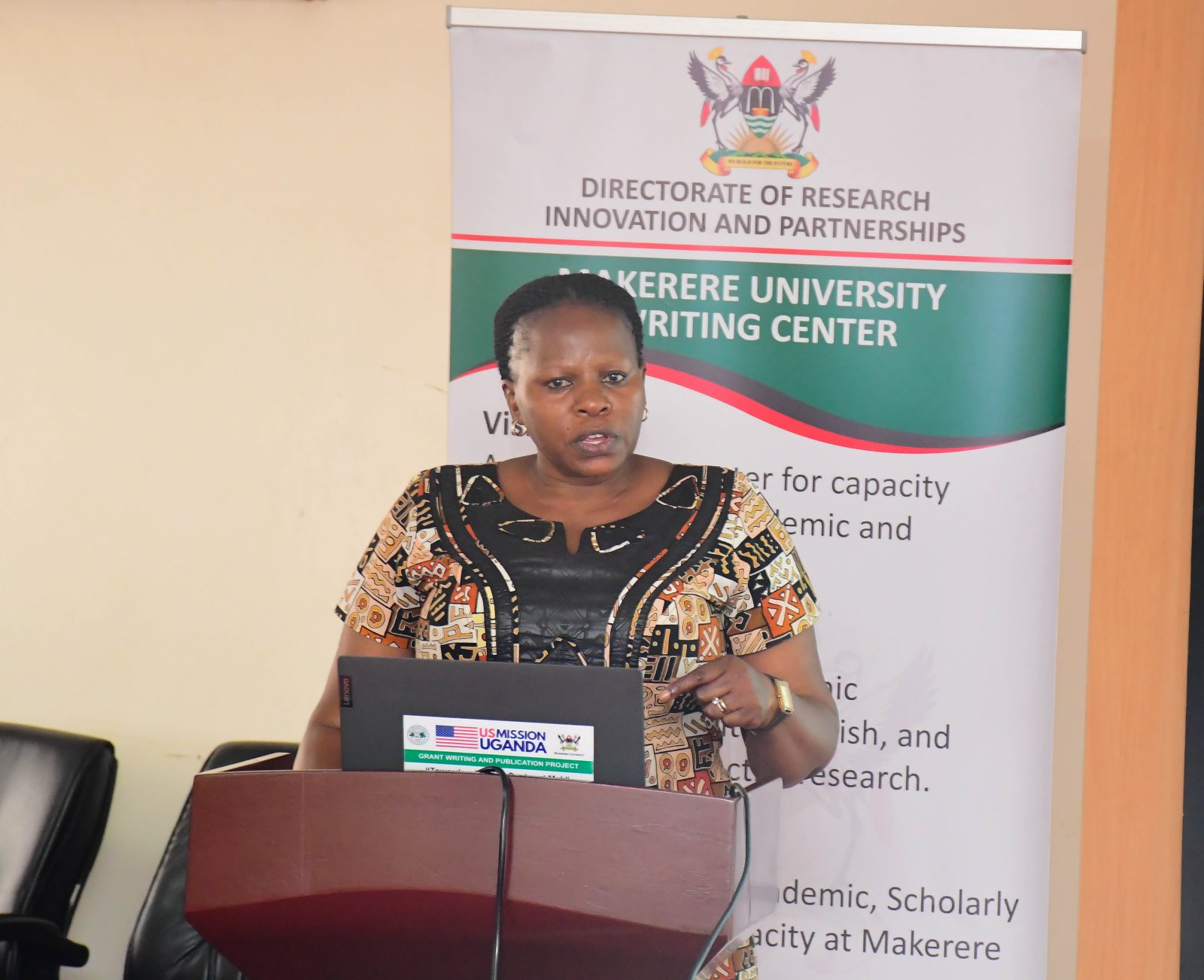
Ms. Nakayiki stressed that minute writing requires preparation and structure. She advised secretaries to be familiar with the meeting type and agenda, list all attendees and absentees, clearly summarize discussions, and outline action points. She also encouraged the use of templates, testing of recording devices beforehand, and remaining attentive during meetings to capture key decisions accurately.
Presenting on Policy and Legal Frameworks for Minute Writing, Ms. Esther Kabinga, Principal Legal Officer discussed the laws and policies that govern record keeping in Uganda. She noted that minutes are crucial for transparency and accountability, citing laws such as the Companies Act (2012), Public Finance Management Act (2015), and Access to Information Act. She also referenced some of Makerere University policies, including the Record Keeping Policy, Academic Records Management Policy (2022), and Communications Policy (2013). “Proper documentation protects both the institution and the individuals involved in decision-making,” she emphasized.
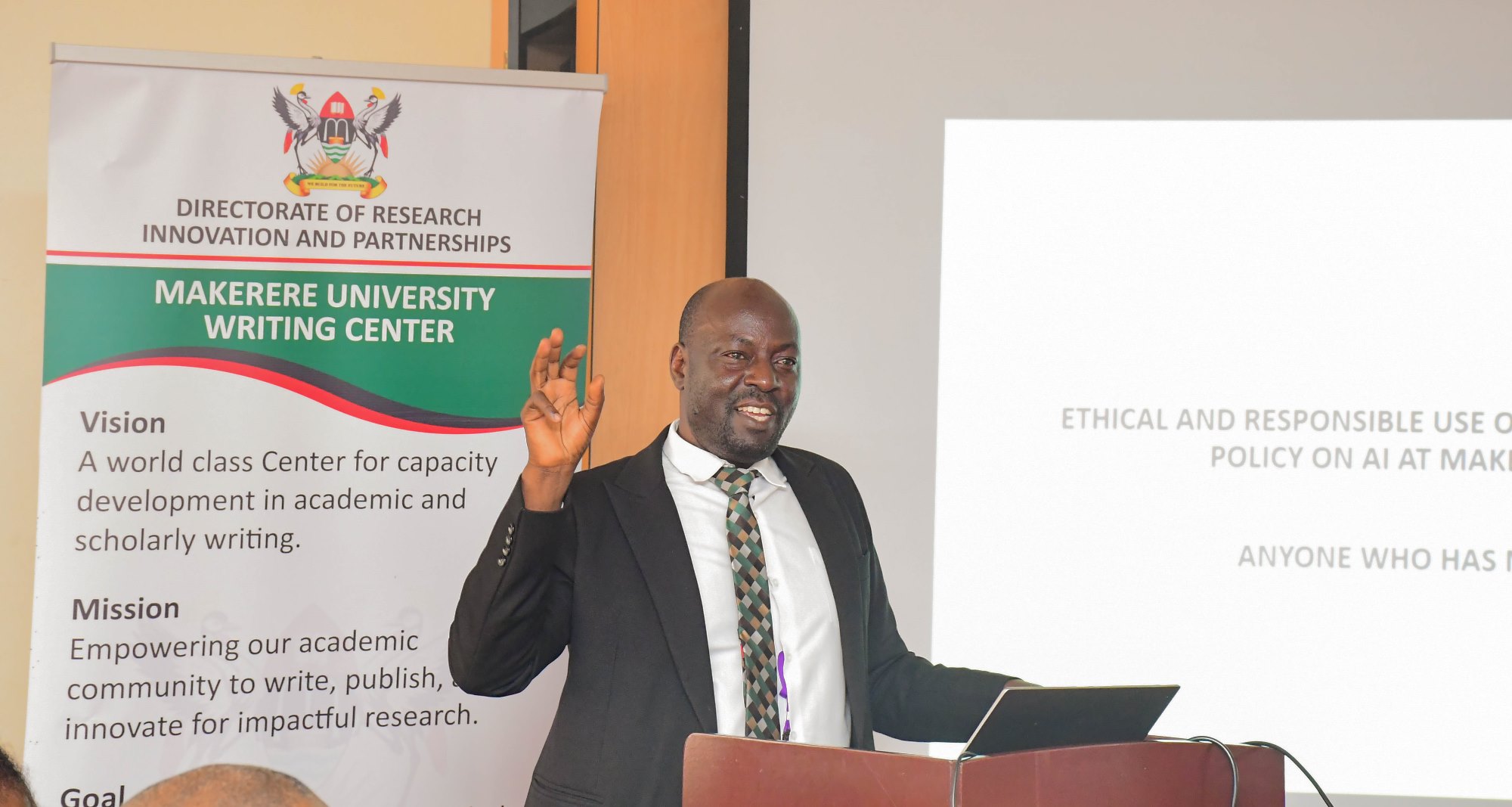
Discussing the Ethical and Responsible Use of Artificial Intelligence (AI), Prof. Paul Birevu Muyinda, Director of the Institute of Open, Distance and e-Learning, noted that AI has become part of everyday life. He commended Makerere University for adopting an official AI policy that promotes its ethical, inclusive, and responsible use in teaching, research, administration, and innovation. He urged participants to use AI as a supportive tool, combining it with human judgment and creativity while writing.
Building on to the aforementioned presentation, Dr. Godfrey Mayende, the Head, Department of Distance Learning and Deputy Director at the Institute of Open, Distance and eLearning, highlighted the role of digital platforms such as Zoom, Microsoft Teams, Google Meet, and WebEx in improving meeting efficiency and documentation. He pointed out that these platforms provide useful features like recording, transcription, and chat functions that make meetings more interactive and inclusive. “Familiarity with these tools enhances accountability and ensures that discussions are well-documented and easy to retrieve,” he advised.
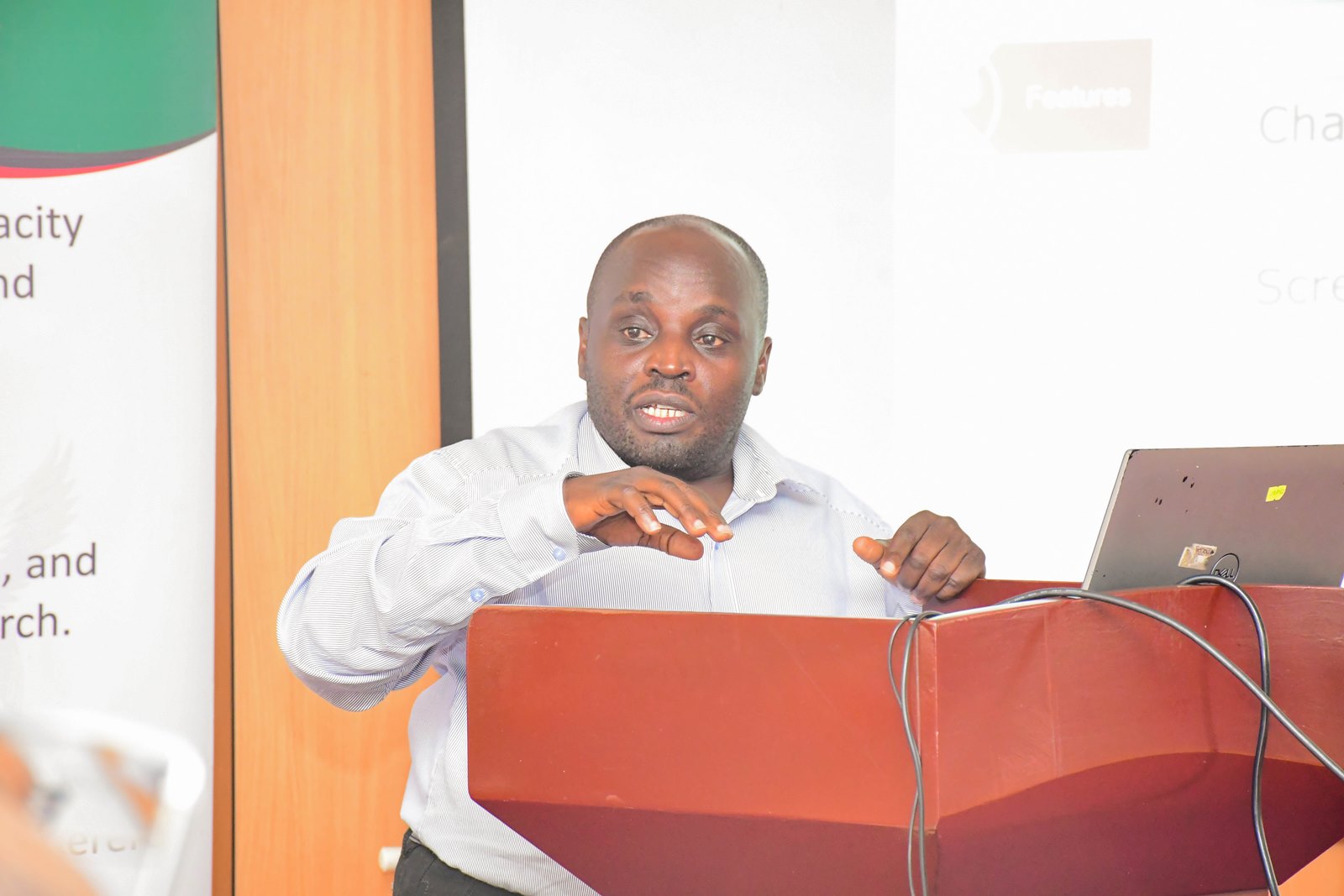
Writers: Ritah Namisango is a Principal Communication Officer at Makerere University. Christopher Kaahwa contributed to this article as a Volunteer. Christopher Kaahwa is a Graduate of Makerere University-Bachelor of Journalism and Communication.
General
Meet Sedrick Nuwagaba, a Mastercard Foundation Scholars Program Alumni Contributing to Uganda’s Oil & Gas Industry
Published
2 weeks agoon
November 5, 2025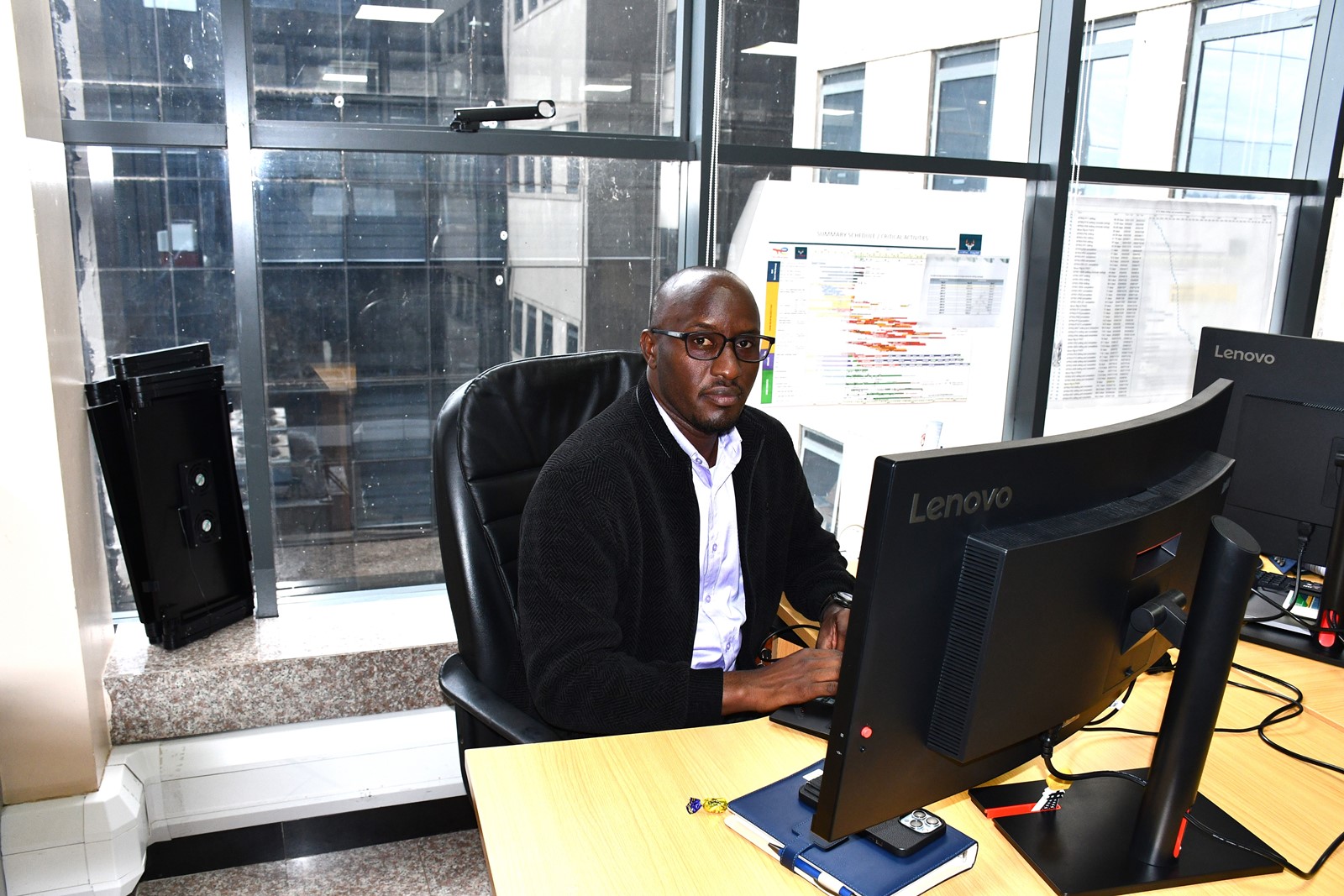
Sedrick Nuwagaba, a 35-year-old petroleum engineer, is actively contributing his expertise to the Petroleum Authority of Uganda, which regulates the oil and gas sector. He obtained his Bachelor of Science in Petroleum Geoscience and Production from Makerere University in 2021, an opportunity he accessed through the Mastercard Foundation Scholars Program. Sedrick’s educational qualifications and professional responsibilities exemplify his commitment to advancing Uganda’s oil and gas sector.
Who is Sedrick Nuwagaba?
Sedrick was born on February 1, 1990, in Kashari, located within the Mbarara district of Western Uganda. He spent his early childhood in a large family, where he faced many challenges that shaped his resilient character. By the age of 14, Sedrick had become the primary breadwinner for his immediate family, comprising his mother and two sisters. His unwavering commitment to their well-being remains evident to this day.
To support his family during these formative years, Sedrick took on a variety of jobs in his community. These early experiences cultivated in him resilience and tenacity, qualities that have significantly contributed to his success as a petroleum engineer.
Following these family challenges, Sedrick and his immediate family relocated from Kashari to a new area in what is now Lyantonde district, where they continue to reside. His journey not only reflects personal growth but also underscores a steadfast commitment to uplifting those around him.
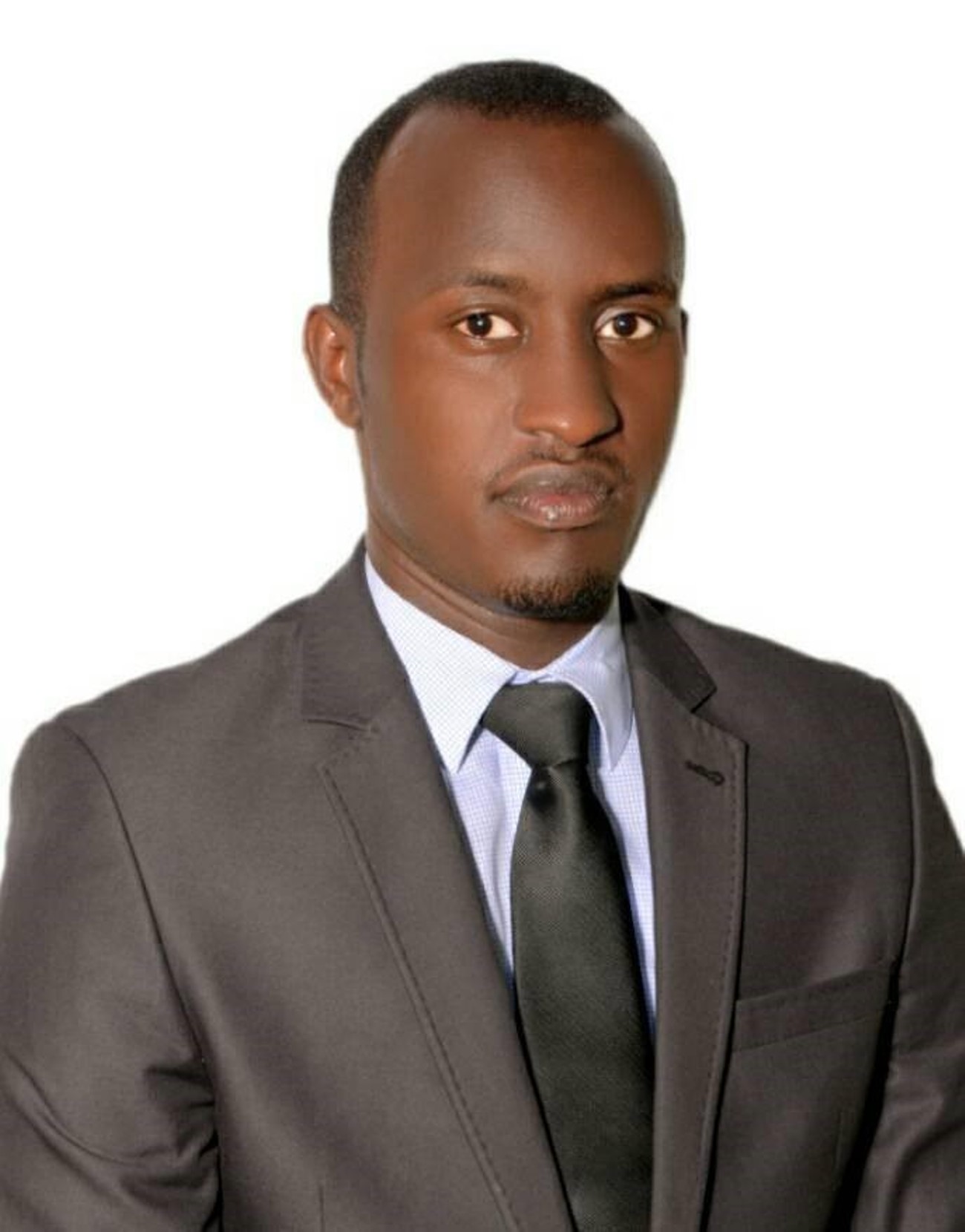
Early Education
The implementation of Universal Primary Education (UPE) in Uganda in 1997 was a pivotal development for Sedrick, facilitating his enrollment at St. Martin Lyantonde Primary School at the age of seven, which was conveniently located near his residence. Sedrick expresses deep appreciation for this initiative, commenting, “Without UPE, I might not have had the opportunity to pursue my education. It truly opened the door for me to attend school and engage in learning.” Despite confronting considerable challenges, including a lack of necessities such as food, Sedrick distinguished himself academically. He achieved top candidate status among UPE schools in his district, earning an impressive seven aggregates in the Primary Leaving Examinations—a remarkable accomplishment given the adversities he faced.
Pursuing Secondary Education
Sedrick faced significant challenges after earning 7 points in the Primary Leaving Examinations, as he was unable to secure a bursary. At that time, alternative arrangements for Universal Secondary Education were limited, which made it difficult for him to continue his education. However, demonstrating remarkable resilience, Sedrick sought work at 14 to fund his secondary education. Through his determination and resourcefulness, he enrolled at Victoria Western College, a small private school in his area, where he attended for three years, reaching Form 3.
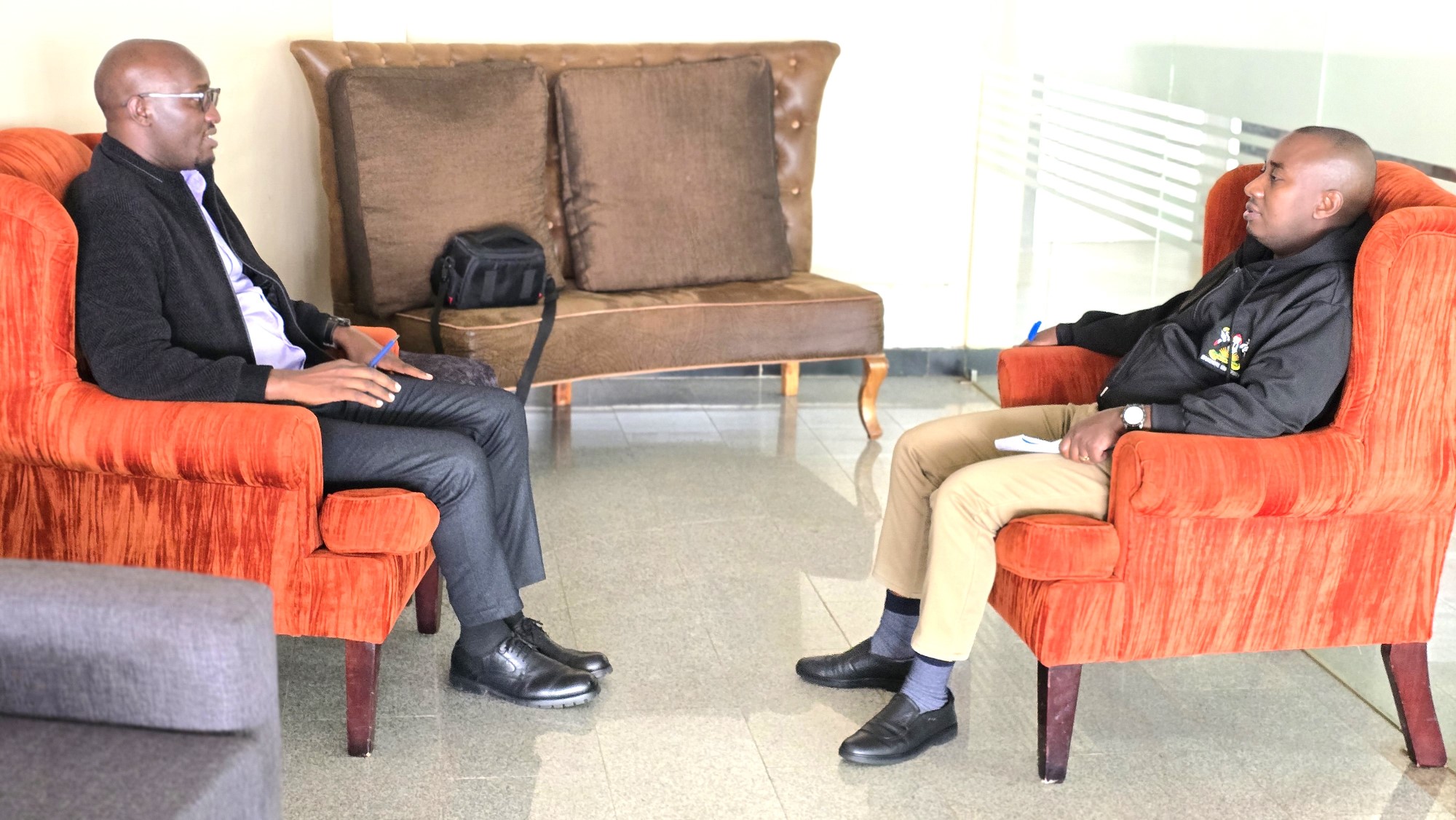
Although financial barriers hindered his progress to Form 4, Sedrick’s journey shows his dedication to education and his ability to overcome adversity. Fortunately, his elder half-brother, a businessman in the neighbouring town of Mbarara, reached out and helped him enrol in Form 4 at Kashari Secondary School in Mbarara in 2007.
Embarking on a Journey to Iraq in Search of Opportunity
In 2008, facing difficulties in pursuing his education, Sedrick made the brave decision to take up a security job during the conflict in Iraq between 2003 and 2011. At that time, many young Ugandans were recruited to provide buffer security support to the U.S. military in Iraq. During his time in Iraq, Sedrick not only earned a stable income to support his family but also cared for his mother and funded his two sisters’ education, ultimately improving their lives. Unfortunately, his contract ended in 2010, and he had to return to Uganda to write the next chapter of his life.
Joining the Mastercard Foundation Scholars Program at Makerere University
Upon returning to Uganda after his experience in the Iraq War, Sedrick recognised that education was the key to transforming his life. With a determined mindset, he committed himself to his studies, understanding the long-lasting impact they could have on his future. Thanks to his perseverance and the relationships he had built, Sedrick obtained a bursary from a religious organisation, enabling him to resume his high school education six years after his last time in school.
In 2015, he completed his high school education at Namirembe Hillside, where he studied Physics, Mathematics, and Chemistry. With 15 points in his final exams, he was admitted to the Bachelor of Science in Petroleum Geoscience and Production program, supported by the Mastercard Foundation Scholars Program at Makerere University.
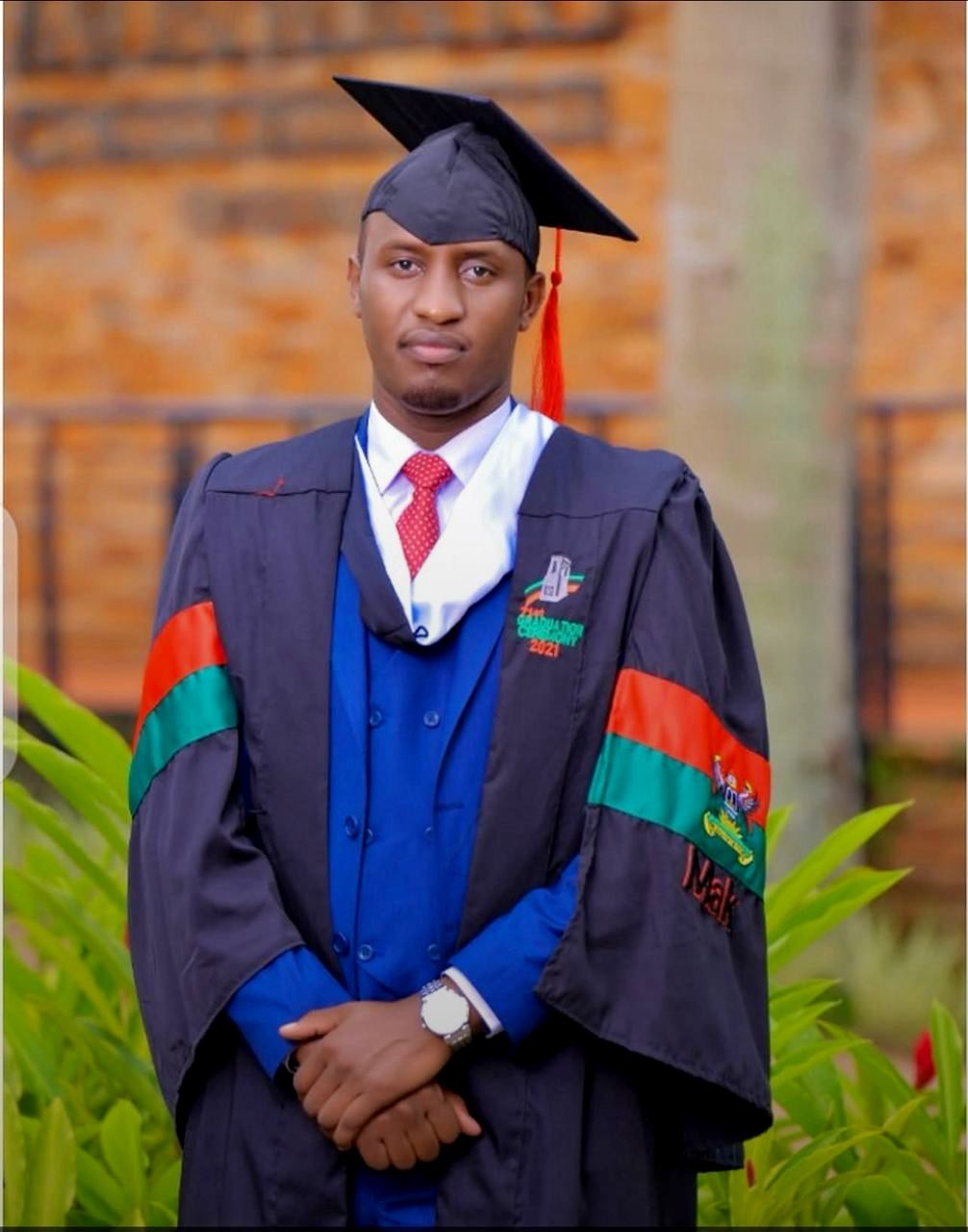
“Participating in the Mastercard Foundation Scholars Program at Makerere University significantly changed my life. For the first time, I was free from the constant worries about necessities like food and shelter. The Mastercard Foundation Scholars Program provided me with a supportive environment that allowed me to focus on my education and personal growth,” Sedrick shared.
Life After Makerere University
In 2020, after graduating, Sedrick had the opportunity to intern at the Uganda National Oil Company (UNOC) in the Reservoir Engineering section. During his internship, he demonstrated exceptional dedication and expertise in the oil and gas sector. His performance led to his promotion to a Graduate Trainee, which provided him with valuable experiential learning and expanded his exposure within the industry. This experience ultimately paved the way for his recruitment as a Petroleum Engineer at the Petroleum Authority of Uganda, where he now contributes to the regulation of petroleum exploration activities in the country.
Impact on the Community
Upon graduating from university, Sedrick took a proactive approach that set him apart from his peers. He launched Kleanerman, a social venture project designed to have a positive impact on his community. This initiative provides valuable short-term, on-demand domestic services—such as home cleaning, laundry, and babysitting—catering to the needs of busy city residents. Through Kleanerman, Sedrick has successfully created employment opportunities for several young men and women in his community of Kanyanya, fostering both economic growth and personal development.
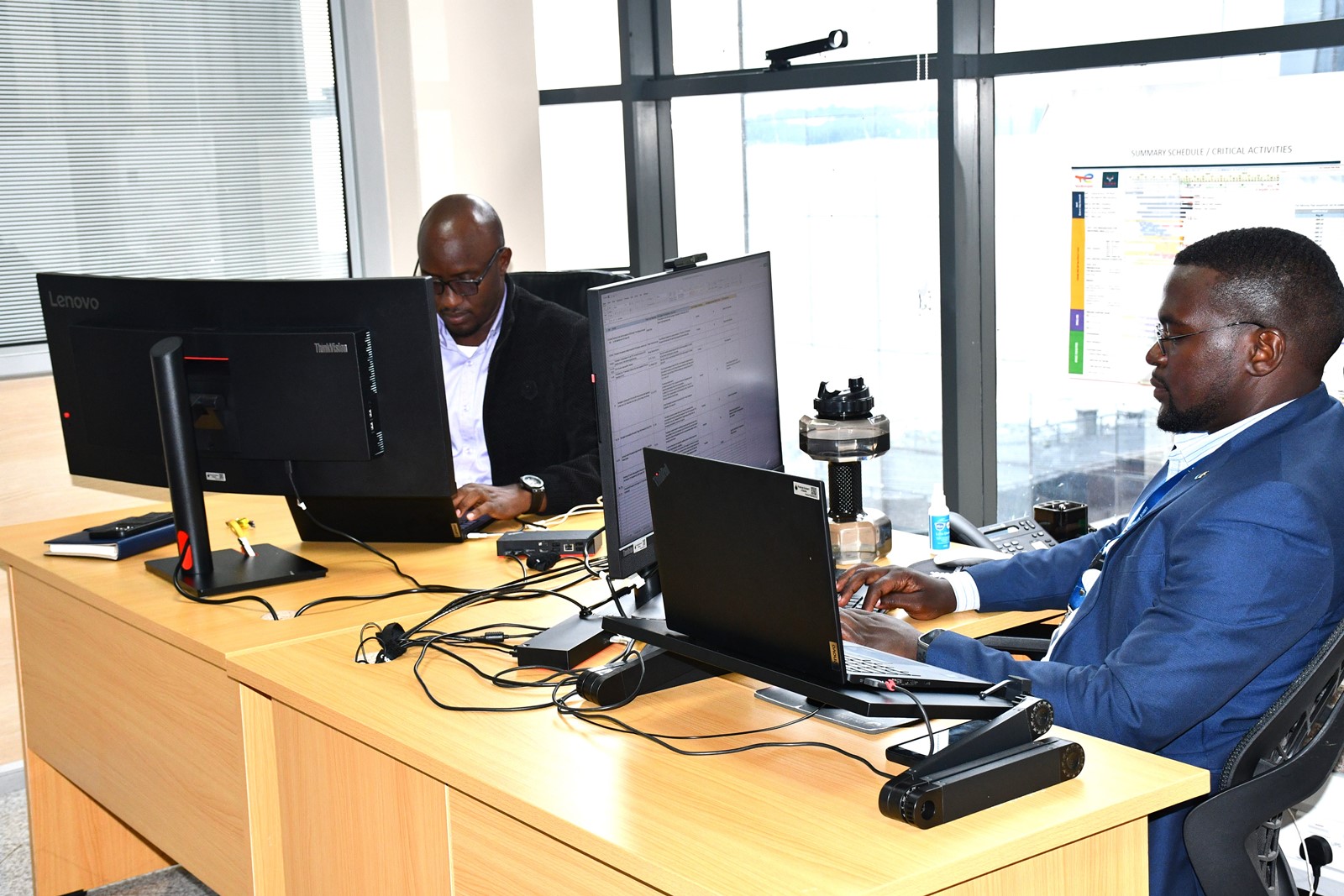
Due to his own challenges during his educational journey, he has developed a deep commitment to helping other young people facing difficulties with school expenses. To date, he has successfully supported seven young individuals in his Lyantonde community, guiding them from primary through secondary education. His long-term goal is to establish a charitable organisation dedicated to providing young people facing barriers to education with the resources they need to access quality education.
Looking into the Future
Sedrick is dedicated to making a meaningful impact in Uganda’s oil and gas sector. He, along with his colleagues, is focused on ensuring that Uganda achieves its inaugural oil production by 2026.
“Each day, our collective efforts are directed toward successfully introducing Uganda’s first oil into the market by the end of 2026, and expanding the country’s petroleum resource base by discovering more oil reserves,” Sedrick states with evident pride. He is also committed to advancing his career in the oil and gas industry. From his earnings, he has enrolled for a Master’s degree in Petroleum Geosciences at Makerere University to deepen his skills and expertise in the sector.
Message to his fellow young people
Sedrick urges the current Mastercard Foundation Scholars enrolled in the Mastercard Foundation Scholars Program at Makerere University, as well as those at other universities, to make the most of the support provided by the Mastercard Foundation Scholars Program. He emphasises the importance of engaging in capacity-building sessions, skill development programs, mentorship opportunities, and psychosocial support. Sedrick asserts that this comprehensive support framework has been instrumental in transforming his life and shaping who he is today.
He references a quotation that has become a guiding principle in his life: “Until death, all defeat is psychological.” Through this quotation, he seeks to inspire his peers to persevere, emphasising the notion that individuals can always recover and succeed despite the myriad challenges they may encounter in their initial endeavours.
Words of Gratitude
“The impact of the Mastercard Foundation Scholars Program on my life is profound and transformative. I am sincerely grateful to the Mastercard Foundation Scholars Program at Makerere University and to the Mastercard Foundation as a whole. It is my hope and prayer that the Foundation continues to make a positive difference in the lives of numerous young individuals, particularly within the African continent.” Sedrick emphasises.
His supervisor speaks out
Sedrick’s immediate supervisor, Mr Derrick Katusiime, the Senior Petroleum Engineer in the Directorate of Exploration at the Petroleum Authority of Uganda, was full of praise for him both at work and outside.
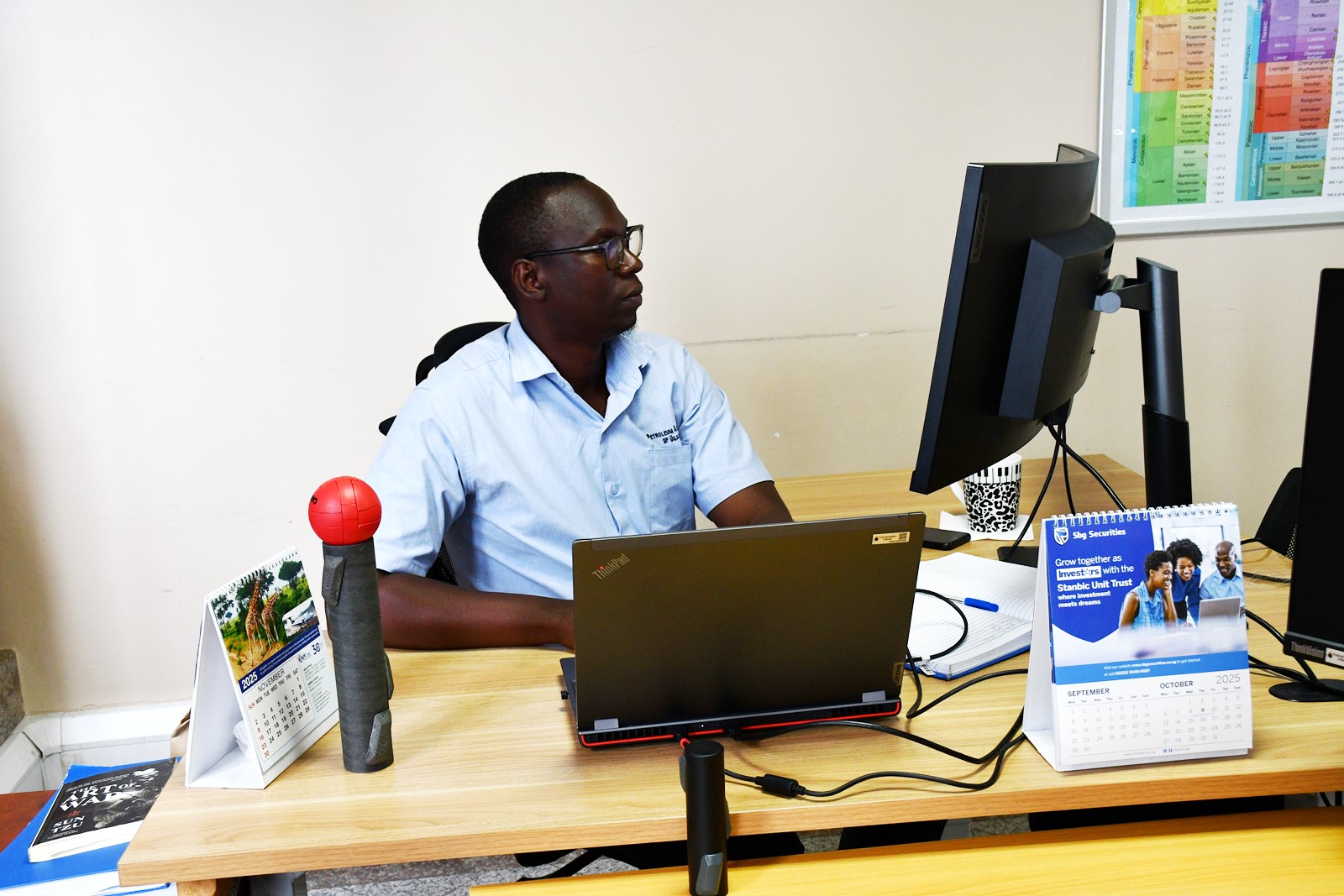
“Sedrick is very sociable and gets along well with everyone here at work, and his technical skills in just two years are impressive,” Mr. Katusiime pointed out.
Mr Katusiime further revealed that Sedrick champions values of integrity, active listening, and being an excellent team player. He goes the extra mile to complete tasks, takes on multiple responsibilities, and demonstrates humility and eagerness to learn.
Bernard Buteera is the Principal Communications Officer, Mastercard Foundation Scholars Program at Makerere University.
Trending
-
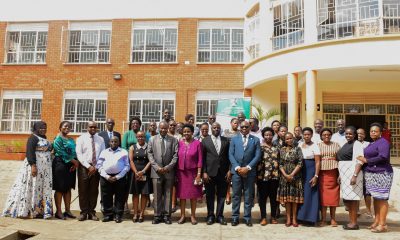
 General1 week ago
General1 week agoMakerere University Writing Centre trains first cohort of staff on professional minute writing
-

 General6 days ago
General6 days agoCall For Applications: Mak-BSSR Postdoc, PhD, Master’s Fellowship-level Training
-
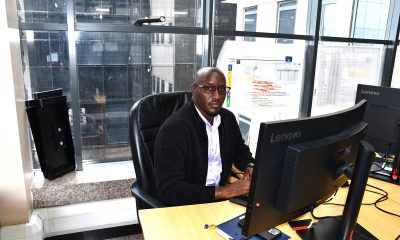
 General2 weeks ago
General2 weeks agoMeet Sedrick Nuwagaba, a Mastercard Foundation Scholars Program Alumni Contributing to Uganda’s Oil & Gas Industry
-
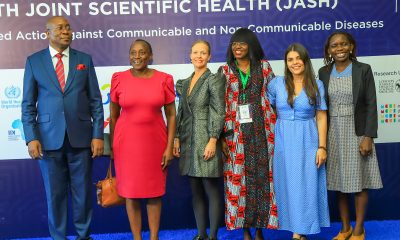
 Health2 weeks ago
Health2 weeks agoNACNDC & 19th JASH Symposium Breaks Silence on Mental Health in Schools & Universities
-

 Business & Management2 weeks ago
Business & Management2 weeks agoUganda National Academy of Science inducts Professor Edward Bbaale as Distinguished Fellow
